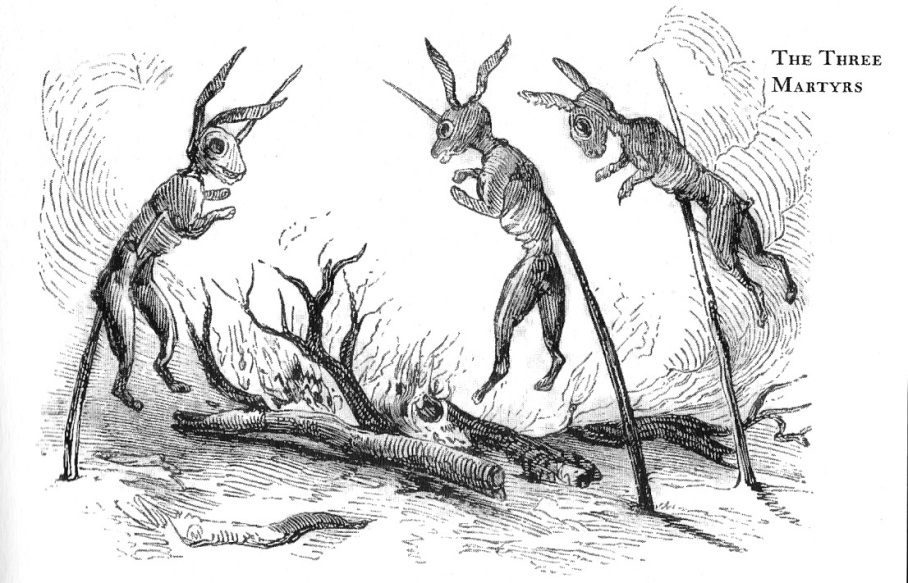– Michael Santiago Render (Killer Mike), May 30, 2020, on the torture-murder of George Floyd by Minneapolis police

In ancient Rome, lions symbolized the natural right of the powerful to dominate the powerless. The donkey seems to ask, “Does it have to be this way?” The lion, king of beasts, takes no notice of the question. Mosaic from Tunisia (AD 150–200), Getty Villa, Pacific Palisades (CA); courtesy Getty Open Content Program.
In the Roman Empire, the lion was a symbol of the natural right of the powerful to dominate the powerless. Later, the British Empire adopted the lion as its emblem. Today, The Lion King is a Broadway show.
Where the ancients saw a comparison
lion : other animals = Romans : other peoples
Render’s metaphor draws a line that separates humans from animals. The line is empathy. Video of the nine-minute death on a Minneapolis street shows a strangely calm, animal indifference to the suffering of another. Lack of concern for whether or not a pinned prey is dead yet will be all too familiar to viewers of Wild Kingdom.
The role of zebra is not easy for a man to accept, much less deliberately adopt. Nevertheless, submission is the survival tactic taught by black parents to boys coming of age. A moment of unmanning is put on a microscope slide in lyrics from “Early,” Run the Jewels 2 (2014):
Please don’t lock me up in front of my kids
And in front of my wife, man, I ain’t got a gun or a knife
You do this and you ruin my life
And I apologize if it seems like I got out of line, sir
’Cause I respect the badge and the gun
And I pray today ain’t the day that you drag me away
Right in front of my beautiful son
Submission may or may not be enough, depending on the situation and officer. Some police come to the job with a “hunt-and-capture-prey mentality,” Render said in a Billboard op-ed in 2014. These are “thrill-seeking cops.” Their drive, in President Trump’s phrase, is to “dominate the streets.”
[2020]
Reference
“Killer Mike on the Problems Underlying the Chaos in Ferguson,” Billboard (Aug 19, 2014). https://www.billboard.com/articles/business/6221865/op-ed-killer-mike-on-the-problems-underlying-the-chaos-in-ferguson)




 In his telling of transformation stories, Ted Hughes focuses on passion – the misery as well as the delirium of love, or lust – with hyper-attention to ordinary sensations of everyday life. Your skin will prickle with recognition – for example, at the feeling of water encircling your knee as you step into a pool. Beware: listening to the shish kebob could transform you – into a vegan.
In his telling of transformation stories, Ted Hughes focuses on passion – the misery as well as the delirium of love, or lust – with hyper-attention to ordinary sensations of everyday life. Your skin will prickle with recognition – for example, at the feeling of water encircling your knee as you step into a pool. Beware: listening to the shish kebob could transform you – into a vegan.
